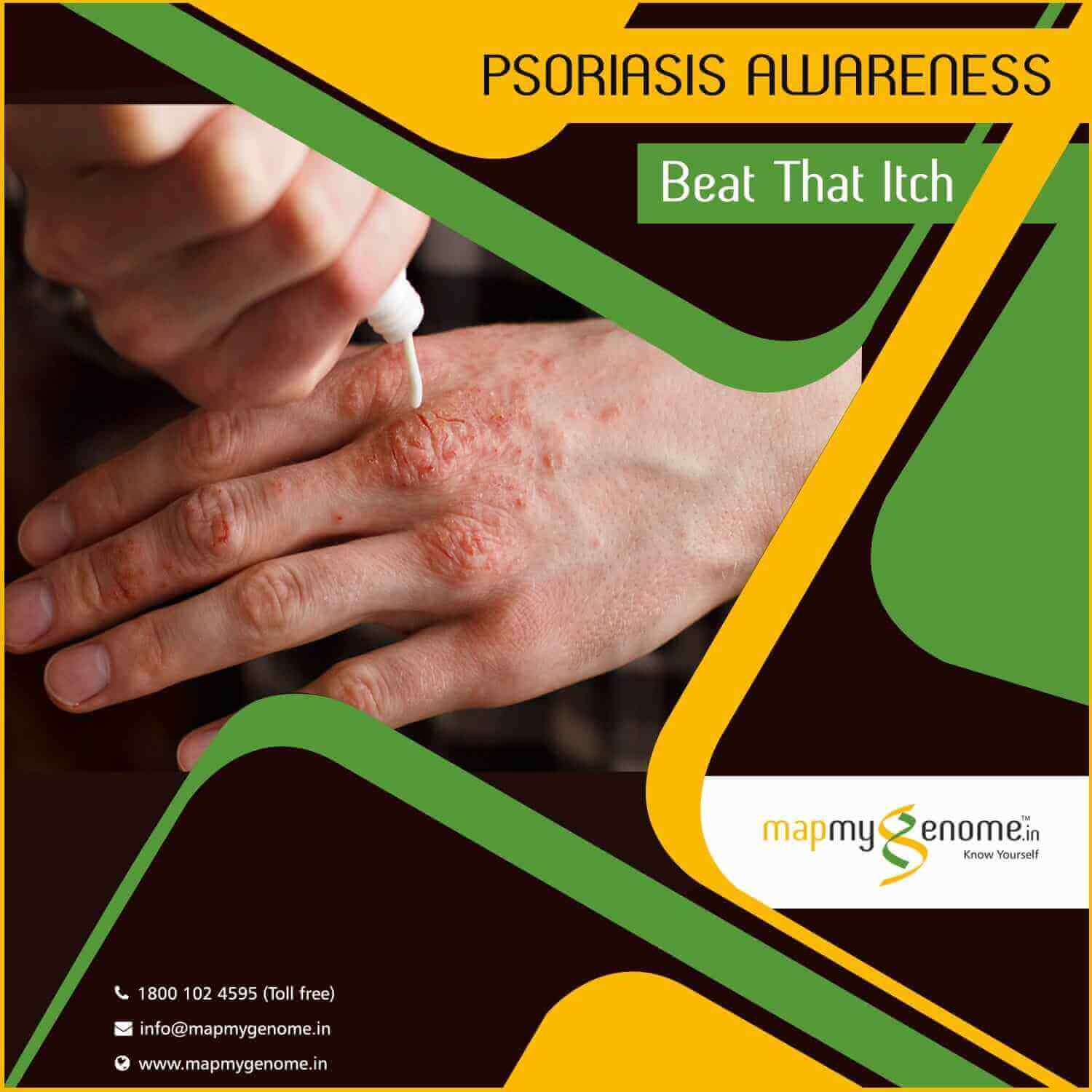
Joint Pains!!!
This is a common complaint we hear from at least one person around us. Arthritis is one of the major causes of joint pains. Let us learn more about arthritis and spread awareness about the condition, this World Arthritis day which is observed on October 12.
More than 350 million people are affected with arthritis globally (2021) and the statistics vary depending on the type, age, race, ethnicity, and sex. It is important to know the causes, symptoms, and information related to arthritis as it can help in the right diagnosis, management, or treatment.
The origin of word arthritis is from Greek which means ‘Inflammation of Joints’. As the name suggests most types of arthritis are caused due to inflammation. The function of the human immune system is to protect the body from harmful substances, germs and prevent infections. When the immune system attacks its body cells, chronic (long-lasting) inflammation occurs leading to conditions like arthritis. There are more than 100 types of arthritis among which osteoarthritis is common and noninflammatory.
Watch out for these signs and symptoms
Below are some of the major types of arthritis along with causes, symptoms, and diagnosis.
| Type of Arthritis | Risk Factors | Signs & symptoms | Diagnosis |
| Osteoarthritis | Older age, joint injuries, gender(common among women), obesity, genetic changes | Decreased function of joints, muscle weakness, and balance impairment. | X-ray, MRI scan |
| Rheumatoid arthritis (RA) | Gender, family history of RA, smoking | Tender, warm swollen joints, joint stiffness, fatigue, fever, and loss of appetite | Physical examination, complete blood picture, X-ray |
| Gout | Gender, older age, chronic kidney disease, alcoholism, and certain drugs such as diuretics. | Intense joint pain, redness of affected joints, limited range of motion. | Joint fluid test, blood test to check for uric acid, X-ray. |
| Psoriatic arthritis | Psoriasis, Family members affected with (PA) | Swollen fingers and toes, foot pain, eye inflammation, | Physical examination, X-ray, MRI |
|
Juvenile Arthritis (Affecting children under 16 years) |
Autoimmune disorder | Symptoms vary depending on the type of JA. Eye inflammation, skin changes, fever, growth problems. | Blood tests (ESR, CRP, ANA, X-ray, MRI |
In conditions like arthritis, genes and environment as causative factors are known as multifactorial conditions. Though we cannot change the genes that we carry, we can change the lifestyle and environmental factors around us to prevent or manage arthritis.

Lifestyle changes are key to managing arthritis:
Regular Physical Activity: Sedentary lifestyle has been one of the major causes of arthritis. Hence regular stretches for wrists, elbows, knees, and hips are good to start with. People who are diagnosed with arthritis might find it difficult to even start exercising but regular physiotherapies and exercises help in the real management of the disease.
Healthy eating habits: Can Include more anti-inflammatory foods like green leafy vegetables, cherries, berries, and nuts in the diet.
Peaceful mind: It might be the toughest goal to achieve but possible if we try. Stress is the major known cause of inflammation and can have an impact on overall health if it has not been managed. Meditation can be a good practice to achieve a peaceful mind.
Remind yourself to drink water: Drinking 3 to 4 litres of water daily can reduce the risk of arthritis.
 Question yourself
Question yourself
Sedentary lifestyle, obesity, unhealthy diet, etc. have a negative impact on our health. But how often are we able to choose the right path to stay healthy? Here is when genetic testing becomes an important tool that helps you to make better lifestyle choices. Genetic testing has a great impact on the choices that we make because when we know that our genes are at risk of getting a disease we will make sure to work on the other factors to reduce the risk of having the disease. It is now simpler than ever to screen for health risks through genetic testing.
Genomepatri, Mapmygenome’s health and wellness genomic solution, tells us about the genetic risk that we carry for various multifactorial disorders like arthritis and its types. This way we can pay attention to the early symptoms of arthritis and prevent serious, lifelong arthritic complications. Also, talking to a genetic counselor will help us in navigating our way to a healthy life and make informed decisions in the early management of arthritis.




